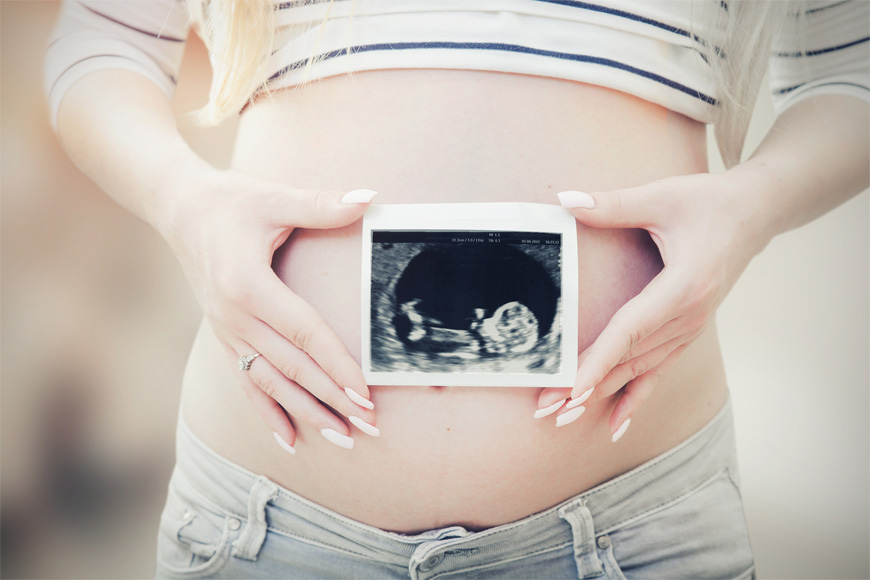Migraine management during Ramadan, with a professional Neurologist at Mediclinic Airport Road Hospital Abu Dhabi

Top tips to prevent and manage migraines during Ramadan.
Fasting during the holy month of Ramadan can be a spiritually enriching experience for millions around the world.
However, for individuals prone to migraines, the altered eating and sleeping patterns can potentially trigger debilitating headaches.
Understanding how Ramadan affects migraines and implementing strategies to minimise their occurrence is crucial for maintaining health and well-being during this period.
1. Identify your migraine triggers
To effectively manage migraines during Ramadan, it’s essential to identify personal triggers.
Common triggers include:
- Dehydration
- Caffeine withdrawal
- Irregular meal timings
- Lack of sleep
- Stress
- Certain food additives
Keeping a migraine diary can help individuals track their symptoms and identify patterns, allowing them to avoid triggers wherever possible.

2. Adjust your lifestyle
Implementing lifestyle modifications is key to reducing migraine frequency and severity.
Staying hydrated by consuming plenty of water during non-fasting hours can help prevent dehydration-triggered migraines. Gradually reducing caffeine intake in the weeks leading up to Ramadan can mitigate withdrawal symptoms.
Maintaining regular sleep patterns and managing stress through relaxation techniques such as deep breathing or meditation can also be beneficial.
3. Recognise the early warning signs of a migrine
Recognising early warning signs is crucial for prompt intervention. Symptoms such as aura, sensitivity to light or sound, and nausea often precede a migraine attack.
By acknowledging these warning signs, individuals can take proactive measures to prevent the onset of a full-blown migraine, such as resting in a quiet, dark room or taking prescribed medication.

4. Speak with a doctor on a migraine management plan
Developing a personalised migraine management plan in consultation with a healthcare professional is paramount.
This plan should incorporate individual triggers, lifestyle modifications, and appropriate medications for migraine prevention during fasting hours.
Non-pharmacological interventions such as dietary adjustments, hydration strategies and stress management techniques should also be included.
By gaining insights into safe and appropriate medication use for migraine prevention during fasting, individuals can effectively manage their condition while observing Ramadan.
Consult with professional neurologists at Mediclinic Airport Road Hospital Abu Dhabi to help you navigate the complexities of medication management during fasting hours and ensure optimal migraine control without compromising religious observance.
With proactive planning and adherence to personalized management strategies, you can minimise the impact of migraines and fully participate in the spiritual significance of Ramadan.
Authored by Dr. Wael El Masri.

Dr. Wael El Masri
Consultant Neurologist
Mediclinic Airport Road Hospital, Abu Dhabi


























.png?itok=HBSyMDok)






















































































.png?itok=0fOAXkOm)















.png?itok=EH_x0Pha)













